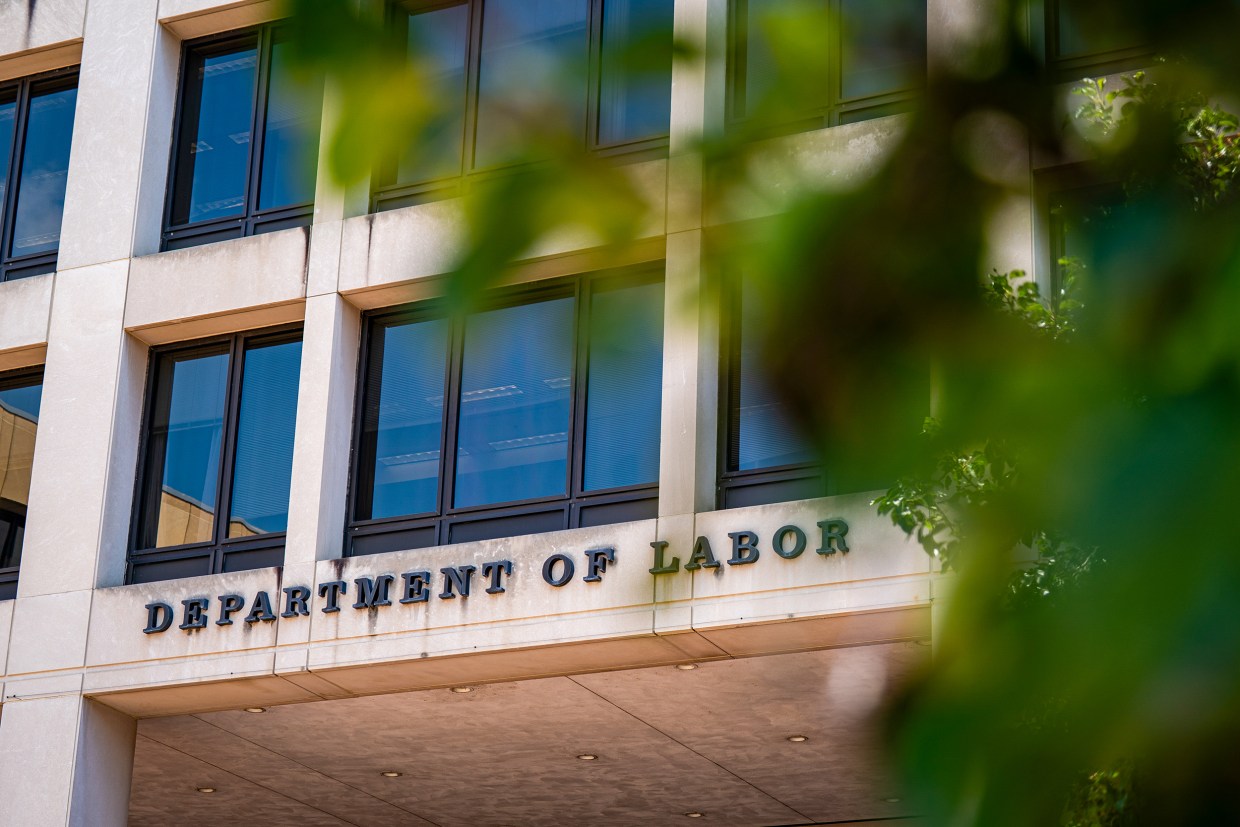In a poignant announcement, Nancy Pelosi, a trailblazing figure and the first female Speaker of the U.S. House of Representatives, has declared her intention not to pursue re-election in 2026, concluding her extensive career. Her decision signifies the close of a significant period in American governance and the dawn of a fresh phase for California’s political scene.
Nancy Pelosi, a prominent personality in contemporary American politics, announced her choice via a video message directed at the residents of San Francisco. With a panorama of the city’s renowned sights — encompassing the Golden Gate Bridge and the Coit Tower — the 85-year-old legislator contemplated her career, extending appreciation to her constituents and pledging to devote her concluding year in public service to them with honor.
Pelosi’s announcement did not come as a surprise to many on Capitol Hill. Reports earlier in the week had already hinted that leading Democrats in California were preparing for the moment when the long-serving representative would step away from public office. Her statement simply made official what many had anticipated: that one of the Democratic Party’s most powerful and polarizing leaders was ready to pass the torch.
A legacy of leadership and influence
Over a career that spanned nearly four decades, Pelosi became a defining figure in American political history. She led House Democrats for twenty years, from 2002 to 2022, and twice served as Speaker — first from 2007 to 2011, and again from 2019 to 2023. Her tenure was marked by both triumphs and fierce political battles.
Pelosi collaborated extensively with Democratic presidents Barack Obama and Joe Biden, being instrumental in significant legislative successes like the Affordable Care Act and the American Rescue Plan. Concurrently, she emerged as a formidable adversary to Republican administrations, spearheading the resistance against George W. Bush’s policies and subsequently directing initiatives to hold Donald Trump responsible throughout his term.
Although she stepped down as Democratic leader three years ago, Pelosi continued serving as a member of Congress and was honored by her colleagues with the honorary title of “speaker emerita.” Her enduring presence in the House reflected both her political resilience and the deep respect she commanded among allies and adversaries alike.
The choice to withdraw
Pelosi had previously indicated that her choice regarding another term would hinge on the results of California’s Proposition 50, a ballot initiative linked to the state’s updated congressional map, which aimed to counteract Republican redistricting strategies across the nation. Following the measure’s approval, Pelosi concluded that it was time to step aside for fresh leadership.
Her exit paves the way for what is anticipated to be among the most fiercely contested congressional contests in San Francisco in almost four decades. Two Democratic hopefuls — state senator Scott Weiner and former tech executive Saikat Chakrabarti, a co-founder of the Justice Democrats — have already announced their bids. Pelosi’s declaration will probably draw more individuals keen to secure her position in one of the nation’s most consistently liberal districts.
In her video address, Pelosi communicated directly with her constituents, encouraging them to maintain their active involvement in democratic processes. “San Francisco, recognize your strength,” she stated. “We have collectively forged history and advanced. Now is the moment to persist in leading by staying completely involved and upholding the principles that characterize our country.”
From Baltimore roots to national prominence
Pelosi’s narrative commenced a considerable distance from the Californian shoreline. Hailing from Baltimore in 1940, she was born into a politically entrenched family, experiencing public service from her formative years. Her father, Thomas D’Alesandro Jr., held positions as both a U.S. congressman and Baltimore’s mayor, and her brother subsequently occupied the same mayoral post years afterward.
Her initial encounters profoundly influenced her political trajectory. Following her relocation to San Francisco alongside her spouse, Paul Pelosi, and the upbringing of their five offspring, she ventured into the political arena, initially operating discreetly within the California Democratic Party. In 1987, she contested a special election to occupy the vacant seat of the deceased Representative Sala Burton — and emerged victorious, thereby commencing what would evolve into one of the most enduring and impactful congressional tenures ever recorded.
From her initial tenure in Congress, Pelosi earned recognition for her strategic acumen and her adeptness at maneuvering through the intricate landscape of legislative affairs. She successfully obtained placements on powerful committees, such as Appropriations and Intelligence, thereby acquiring a deep understanding of fiscal and national security matters that would subsequently bolster her leadership qualifications.
Shattering obstacles and forging a legacy
Pelosi’s ascent to leadership was marked by persistence and political acumen. In 2001, she won a tightly contested race for House Minority Whip, defeating Maryland Representative Steny Hoyer, an old colleague from their early Capitol Hill days. Her victory made her the highest-ranking woman ever in Congress at the time.
A mere twelve months subsequent to the Democratic party’s setback in the mid-term elections, Pelosi secured the position of House Minority Leader through a conclusive ballot, solidifying her role as the leader of the Democratic faction. Her approach to leadership, marked by rigor, diplomacy, and astute planning, was instrumental in bringing her party together during periods of significant political unrest.
In 2007, Pelosi achieved what many had thought impossible: she became the first woman in U.S. history to hold the position of Speaker of the House. The moment symbolized not only personal triumph but also a breakthrough for women in American politics. Her gavel signaled a new era of representation, one that inspired generations of female leaders to pursue public office.
During her years as Speaker, Pelosi steered her caucus through landmark legislative victories and bitter partisan clashes. She oversaw the passage of sweeping reforms under President Obama, including the Affordable Care Act, and later navigated two impeachment proceedings against President Trump. Her reputation for maintaining discipline among her ranks earned her admiration and criticism in equal measure.
A lasting impact on American politics
Pelosi’s influence extended far beyond legislative chambers. She became a symbol of Democratic resilience, a prolific fundraiser, and a key figure in shaping the party’s national agenda. Her tenure reflected both her mastery of congressional procedure and her ability to adapt to the shifting tides of American politics.
Throughout her professional journey, she encountered fierce resistance from conservative factions who perceived her as a symbol of San Francisco’s liberal political landscape. Simultaneously, progressive groups occasionally urged her to adopt more audacious reforms. Nevertheless, her enduring presence and efficacy demonstrated her unparalleled ability to reconcile divergent forces within her political party.
Even as she prepares to step away, Pelosi’s impact remains undeniable. Her leadership paved the way for a new generation of women in politics and redefined the role of Speaker of the House as both a policymaker and a political strategist.
Her exit also prompts a period of introspection for Democrats across the nation. As the party contemplates its future trajectory, Pelosi’s enduring impact stands as both a bedrock and an aspiration — a testament to the accomplishments possible through focused leadership, astute negotiation, and steadfast resolve amidst discord.
As she closes her long career in Congress, Pelosi leaves behind not only a political legacy but a personal one rooted in family, faith, and the belief that progress is a shared responsibility. Her decision not to seek re-election in 2026 ends a defining chapter in American governance — one written by a woman who, through decades of change, never stopped believing in the power of public service.
Nancy Pelosi’s farewell is not just the conclusion of a political journey but a testament to endurance, leadership, and the enduring spirit of democracy that she helped shape for generations to come.



